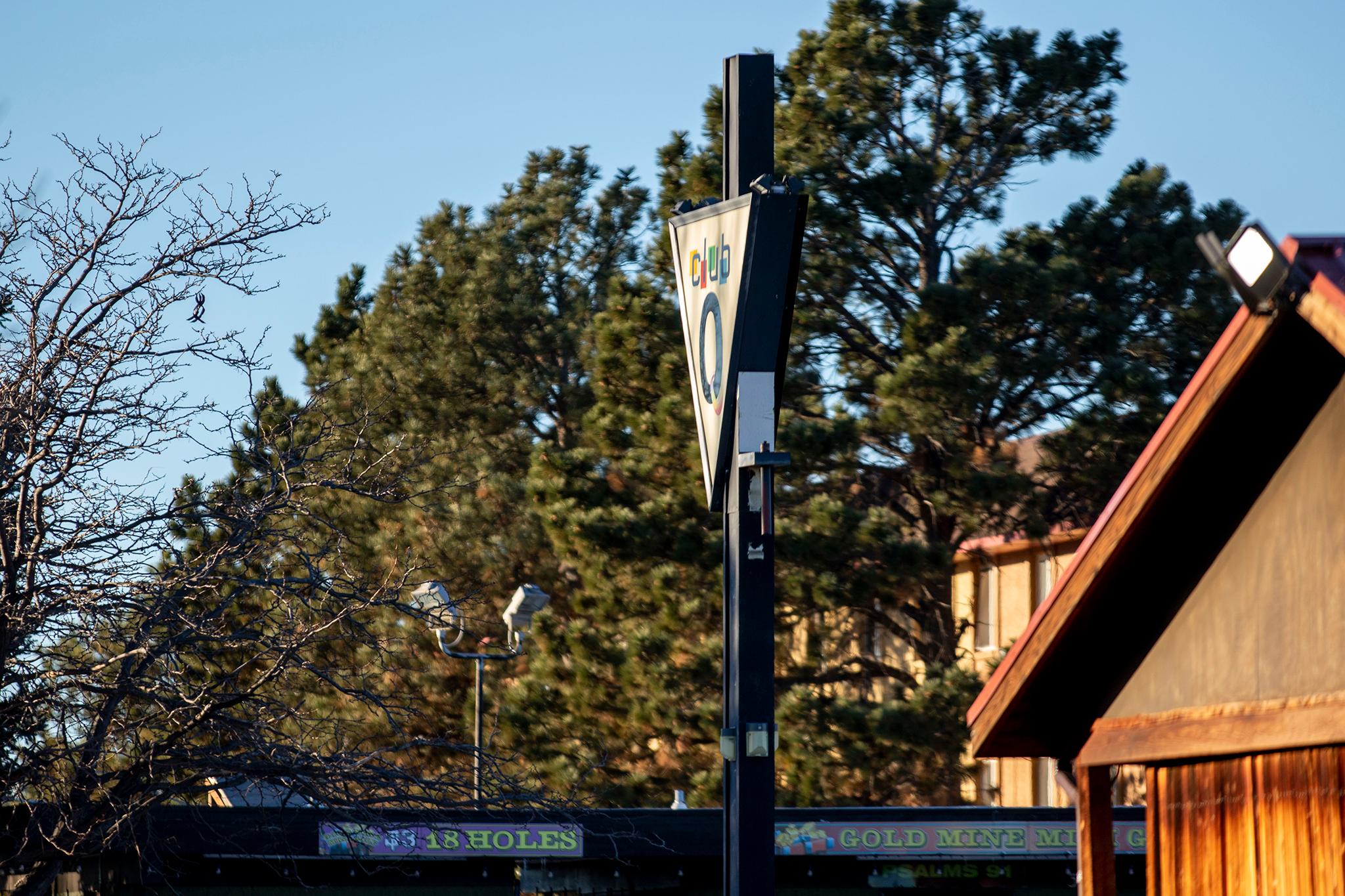
While red flag laws have been on the books in the state since 2020, in the aftermath of this weekend's Club Q shooting in Colorado Springs, Gov. Jared Polis said the statute isn't being sufficiently used.
"I think it needs to be really evangelized more and talked about more," Polis said during an interview on Colorado Matters. "I think that while it has been used a couple hundred times, I think that not everybody knows that it's on the books."
"We also have very disparate records of utilizing it from different county sheriffs ... I think everybody should look at their practices and say, 'Hey, if there's somebody that we feel is dangerous, that there's not enough to, you know, take them in and hold them on a criminal charge, can we at least remove access to their weapons?' There is a way to do that under Colorado law, and I want to make sure people are aware of that and know that."
Anderson Lee Aldrich 22, was identified by authorities on Sunday as the person allegedly responsible for the Club Q shooting in Colorado Springs.
Last year, a man by the same name and age was reportedly booked in the El Paso County jail after threatening his mother with homemade bombs, multiple weapons and ammunition, according to a news release by the El Paso County Sheriff’s Office at that time.
However, there's no public record that prosecutors moved forward with felony kidnapping and menacing charges against Aldrich, or that police or relatives tried to trigger Colorado's red flag law that would have allowed authorities to seize the weapons and ammo the man's mother says he had with him.
In the interview with Ryan Warner, Polis pointed out that while some jurisdictions have applied the law, others have been hesitant to do so.
El Paso County Sheriff Bill Elder told reporters in 2020 that he had concerns about the law and his agency didn’t plan on filing any applications, but that he would enforce a court order if someone else, like a family member, applied for an order.
Polis deferred when asked if he regarded the shooting as an act of terrorism.
"Well, look, no matter what you call it, it's a horrific tragedy. And, you know, I think we don't really know the motives yet. We don't know if this was a planned attack on the (LBGTQ) community. We don't know if it was simply an act of a deranged individual. We will find out, the suspect is apprehended. People always want to find meaning, right? We're still trying to find meaning in the King Soopers shooting. We never get all the answers we want because at the end of the day, there's no rational explanation for this kind of horrific event."
After being diagnosed with COVID last week, Polis said he's still quarantining until at least midweek. On Sunday, he participated virtually during a memorial service at Unitarian Universalist Church in Colorado Springs and added that he talked with a clubgoer who was at Club Q. Polis, who attended a happy hour event at the venue last year, said he also spoke with the club's owners, Matthew Haynes and Nic Grzecka.
"I did tell them, when I spoke to them yesterday morning, that when they reopen, I would be happy to be on hand and join them to celebrate the resilience that we will come out of this. But now it's really a time for reflection on the tragedy for the mourning, the loss, and, and really making sure we're there for our fellow community members."
Resources
- Colorado Crisis Services hotline: Call 1-844-493-8255 or text “TALK” to 38255 to speak with a trained counselor or professional. Counselors are also available at walk-in locations or online to chat between 4 p.m. and 12 a.m.
- A list of mental health providers offering therapy for those impacted. Many are providing sessions free or at a reduced charge.
- Diversus Health: Offers a 24/7 walk-in crisis center for crisis services and counseling for all ages, regardless of ability to pay. You can request an appointment here or visit 115 S. Parkside Drive, Colorado Springs, CO 80910.
- Peak View Behavioral Health Assessment team: 719-444-8484 or www.peakviewbh.com.
- Inside Out Youth Services: provides support and resources for LGBTQ youth and are coordinating vigils for people to gather.
- See more resources here.









